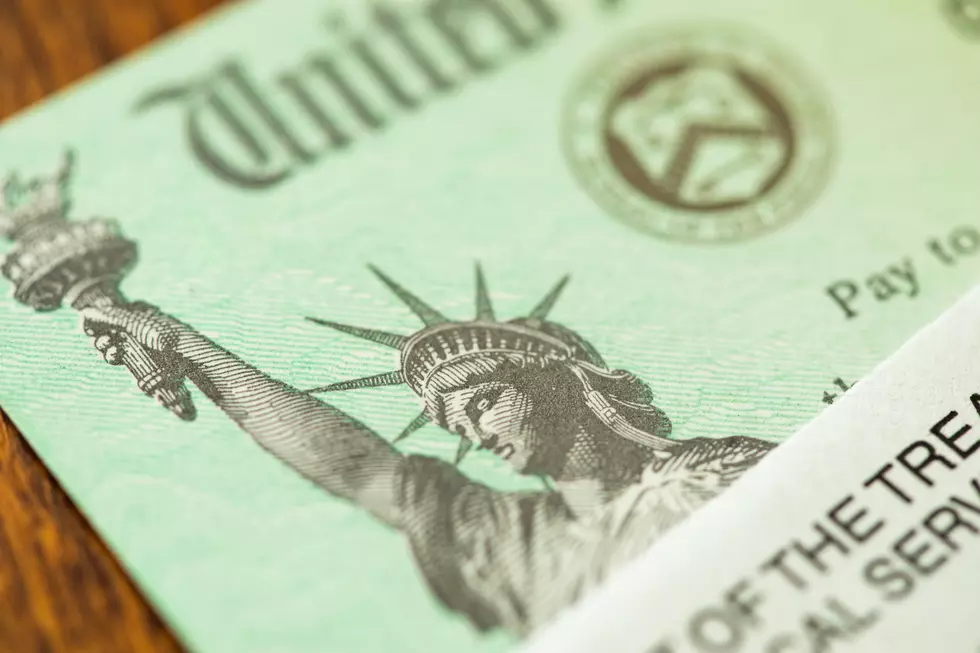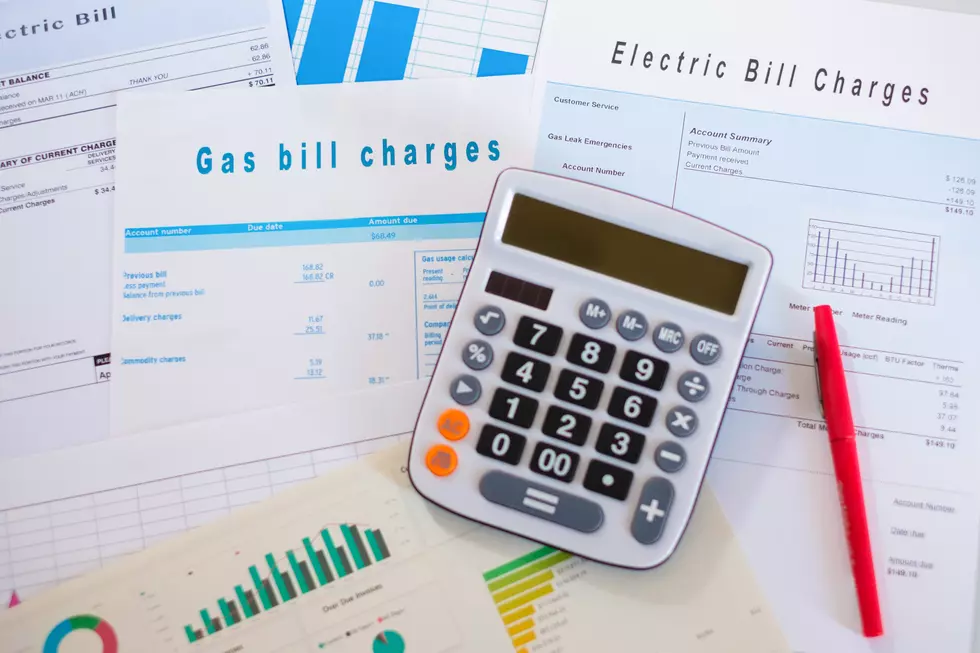
American Rescue Plan Will Also Give Parents Additional Money Per Child
Now that President Joe Biden has signed the American Rescue Plan, most folks will start to receive those $1,400 checks we so desperately need. In fact, parents will receive additional money.
Although most of us are focused on the $1,400, did you know there is more to the bill than just that payment? Families with children will also see some additional money heading their way.
According to a report from our news partners at KWTX, families with children will see additional money as a part of the Child Tax Credit.
Megan Curran, a postdoctoral research scientist at Columbia University’s Center on Poverty & Social Policy says “It’s increasing the benefit level, and it’s also paying it out monthly, so beginning in July, many families are going to start seeing either checks or direct deposits of $250 a month per child.”

Again, that's $250 a month per child between the ages of 6 to 17 and $300 per month per child 5 and under.
Curran told KWTX that families will see these payments once per month rather than once per year, which will allow them to make it part of their regular household budget.
So who qualifies for this? Individuals making less than $75,000 per year or couples making less than $150,000 per year.
Chuck Marr, a senior director of federal tax policy at the Center on Budget and Policy Priorities, says the expansion will be coupled with unemployment, stimulus, and nutrition assistance in an attempt to lift around 6 million children out of poverty this year. That would mean cutting the child poverty rate in half if successful.
According to Marr, 3 million Texas kids had not qualified for assistance under the previous Child Tax Credit system because their parents weren't making enough money, but that legislators hope to reach kids who've fallen through the cracks.
That's great news for families that have been affected by layoffs due to the pandemic and for those families that have struggled along the way.
Keep in mind that the amount of direct payments you receive will depend on the latest income tax return you've filed. If you've already filed for 2020, the IRS will use that information. They'll review your 2019 records if you haven't yet filed for 2020, which would include Americans who used the "non-filer portal" for previous payments.
By the way, April 15 is the 2021 tax filing deadline, so be sure you've got your paperwork in order and file as soon as possible. You can find details and advice on how to make the filing process easier over the IRS website.
How Many in America: From Guns to Ghost Towns
>
More From KLTD-FM









